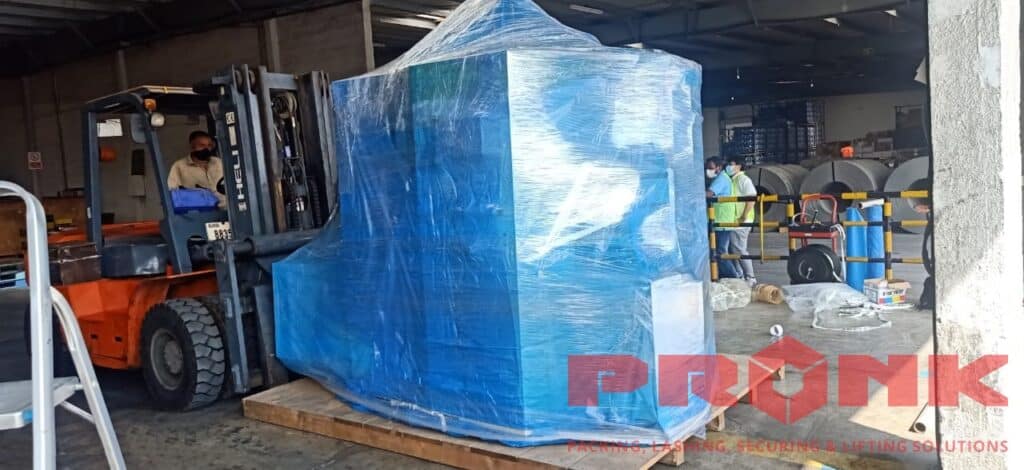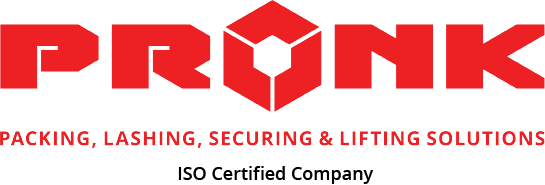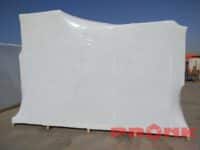Importance of Anti-Corrosive Packaging
Transportation of cargo often involves exposing it to different climate and weather conditions such as temperature, salinity and humidity. Variation in temperature often causes condensation within the containers or packaging resulting in mould or rust formation. Cargo transported via sea may get damaged due to the corrosive salinity present in seawater and air. Cargoes containing metal are more susceptible to corrosion.The global cost of corrosion exceeds $2.5trillion annually or 3% of the global GDP. To prevent corrosion during transit and storage, anti-corrosive packaging solutions are used.
 What is Anti-Corrosive Packaging?
What is Anti-Corrosive Packaging?
Corrosion is a chemical or electro chemical reaction between the metal and its environment. Earlier, the metal was coated with grease or oil to prevent corrosion during transit. These methods were costly, time-consuming and required clean-up after the cargo reached its destination. Anti-corrosive packaging provides long-term protection to metal products that are to be in transit or will be stored for a longtime so that they remain corrosion-free. Increasing demand for anti-corrosive packaging material among several industries such as manufacturing, construction, gas and oil, marine and steel are boosting the growth of the global anti-corrosive packaging market. The anti-corrosive packaging market is expected to grow at a rate of 6.20% between 2020 and 2027.
Different Types of Anti-Corrosive Packaging
There are various types of anti-corrosive packaging available in the market but parameters such as the cargo type, mode of transport and duration of transit time must be considered before choosing the perfect packaging solution for the cargo.
- VCI Packaging
Volatile Corrosion Inhibitor (VCI) is a chemical substance that can be added to most common packaging materials. VCI gradually evaporates to form a thin, protective layer on the metal surfaces of the packaged goods and protects them from corrosion. VCI prevents humidity from reaching both accessible and inaccessible metal surfaces. Due to the vaporizingability of the inhibitor, every surface area is covered to prevent corrosive reactions.
- Desiccants
One of the most common methods to prevent corrosion, desiccants are used to protect packages from humidity and mould formation. Desiccants absorb water vapour, remain insoluble in water, are chemically inert and are able to retain their shape and size. Typical desiccants used include silica gel, aluminium silicate, alumina, blue gel and clay.
- Aluminium Barrier Foil
Aluminium barrier foil comprises three to four layers of material that protect products from corrosion, ultraviolet light, acids, alkalis and odour transfer. The foil can be used in combination with desiccants. After the air is pumped out of the cargo, the desiccants help in absorbing the moisture, thus ensuring protection from corrosion. The foil has a considerably lower water vapour transmission rate, reducing the number of desiccants needed for packaging.
Importance of Anti-Corrosive Packaging
Anti-corrosive packaging benefits people who ship or export across the sea or moisture-prone areas, store metal-based products for a long period or manufacture metal goods. Corrosion can be minimized either by controlling the environment—which is not in our hands—or by protecting the metal using suitable packaging materials containing corrosion inhibitors.
Anti-corrosive packaging demand is on the rise as it provides the best possible protection and increases the shelf life of the cargo. Anti-corrosive packaging solutions are low-cost, flexible, effective and can be used for a wide range of products. Just the VCI packaging market is expected to exceed US $680 million by 2023 as compared to US $540 million in 2018.

Conclusion
The expansion in shipping and logistics activities of metal products is generating great demand for anti-corrosive packaging products. Environmental pollution will be less with the VCI packaging market shifting towards bio-based or biodegradable packaging. With many technological advancements in the anti-corrosive packing industry, the demand for the most effective corrosive protection for cargo will only increase in the future.


